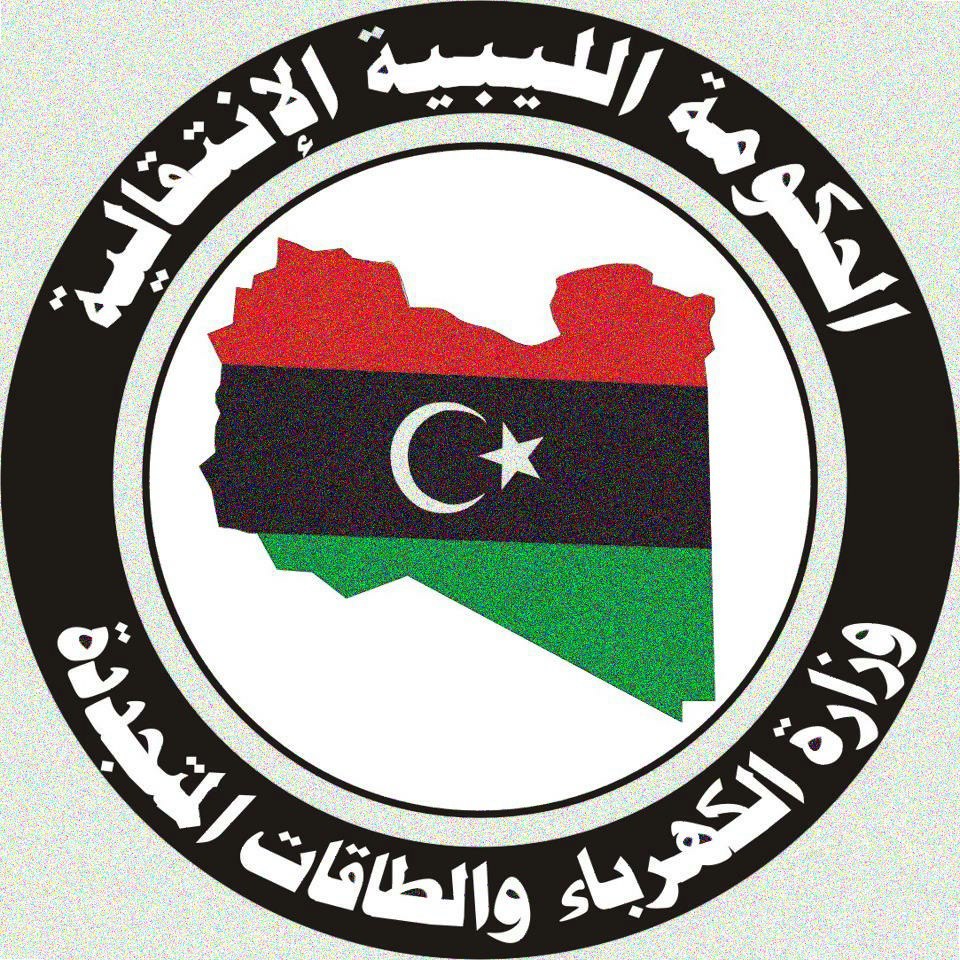By Sami Zaptia.
Tripoli, 29 August 2013:
At Wednesday’s (28 August) press conference Prime Minister Ali Zeidan said that he has asked the . . .[restrict]GNC to reform the Audit Bureau, adding “if we can get a quorum in the GNC”.
The Prime Minister has increasingly been laying the blame for his government’s inability to act on the delays by the Audit Bureau in releasing public funds. He has particularly been distressed by his inability to move funds in his allocated budget from one section to another and has repeatedly asked to be allowed to do so.
Zeidan has been publicly complaining about the Audit Bureau since February. The Audit Bureau falls under the control of the legislature, the GNC, and not the executive, the government. It is tasked with oversight on all public spending.
However, the Audit Bureau is still running under Qaddafi era rules, and the implication from Prime Minister Zeidan is that it is too slow in approving government expenditure especially during this transition period.
“We are restricted by the audit bureau and its rules and regulations, which might be acceptable in ordinary times but in our present situation it may be too restrictive”, Zeidan complained back in February at a press conference.
“We hope they (the Audit Bureau) can ease their procedures so that we can take action faster”, the Prime Minister had pleaded.
The Prime Minister’s complaints highlight the fact that the present administration is still for all intents and purposes, operating under and within the restrictive Qaddafi era rules and laws.
The present legislature, the GNC, has done little to reform the existing set of laws governing life in Libya.
The National Transitional Council’s (NTC) Transitional Constitutional Declaration, the social contract that on the whole governs the relationship between the Libyan public and their political rulers, states in article 35 that unless repealed or contrary to the Revolution, all the old laws remain in force.
This has certainly been the case with the rules and regulations of the Audit Bureau.
It is not clear why the GNC has not attempted to reform many of the Qaddafi-era laws that are clearly inapplicable in a free-market, decentralized, private sector democratic era. They are also even less applicable and practical in a transition stage with numerous security challenges.
Some of the reason could be simply down to their inexperience and ineffectiveness, whilst some to the fact that the GNC may feel it does not quite have the full legitimacy to be executing wholesale law reform.
The GNC will need a quorum of 120 members in order to be able to pass the necessary reform laws of the Audit Bureau – a matter that cannot be taken for granted. [/restrict]








